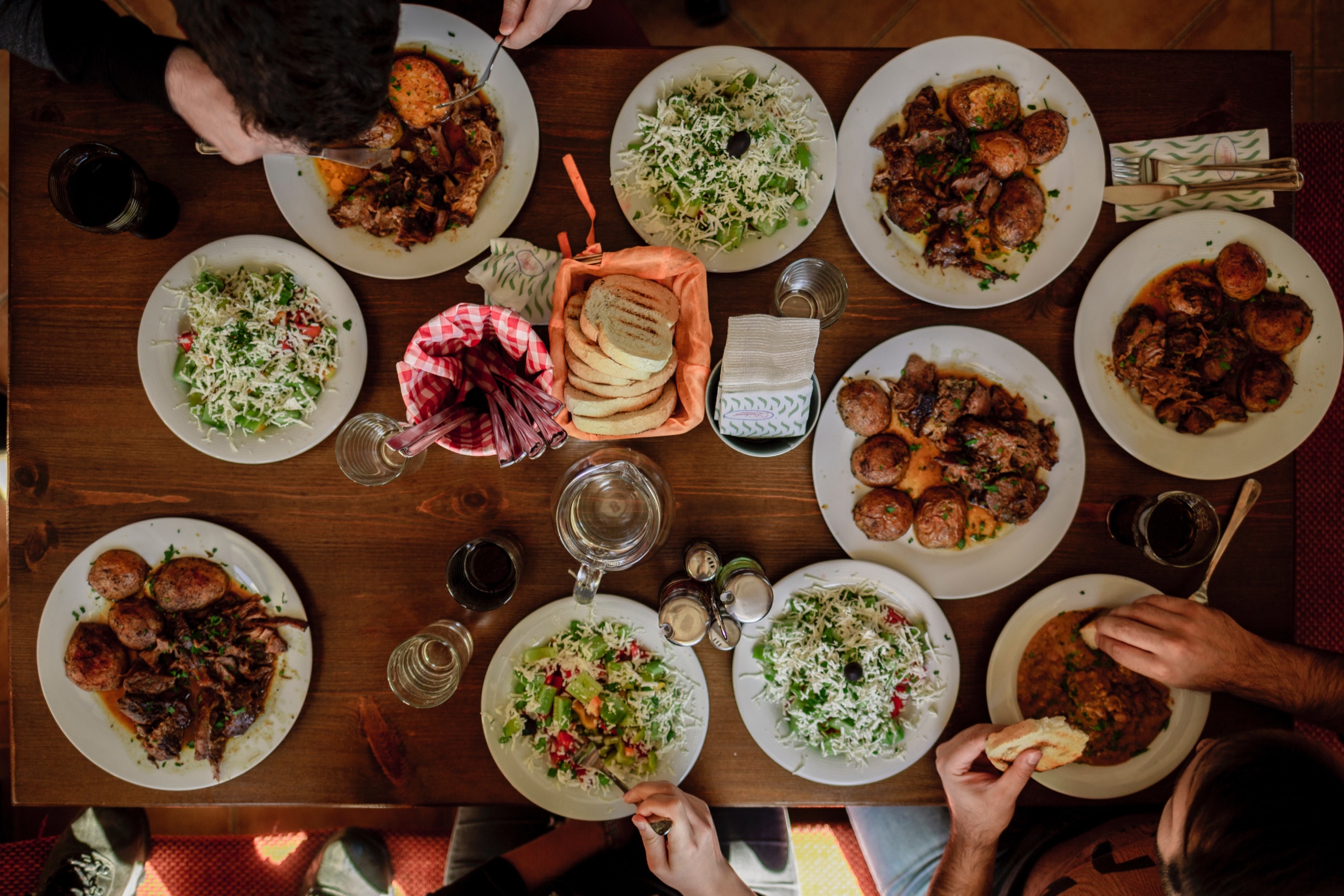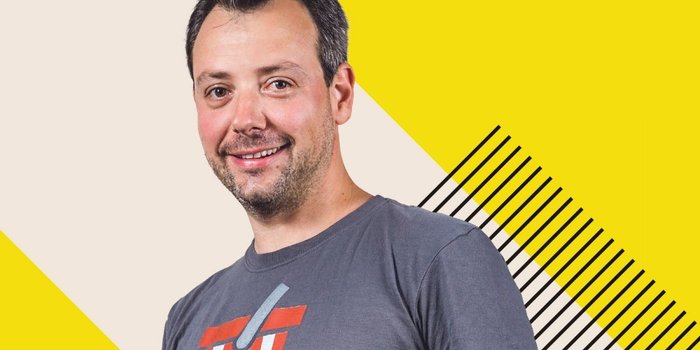In the US, most people gloss over payment processing because almost everyone has a credit card, Paypal account, or another simple way to pay. Developers use Stripe and can process in seconds. For consumers, Amazon even created one-click purchasing for some customers and physical buttons that automatically reorder your favorite products.
In China, paying is even easier; almost everyone uses Wechat or Alipay to scan QR codes and pay for everything automatically without ever taking out their wallet.
Startups have filled almost every niche in the payments industry, providing solutions for any vendor. Need to pay someone for something you bought in an online shop? PayPal can help. Setting up online payments for your business? Try Stripe. Want to compensate your roommate for your half of the gas bill? Venmo can help you do that.
We tend to take these solutions, as well as more traditional payment systems such as credit cards, for granted in the US. Only 6.5% of households in the US don’t have a bank account, although 18.7% of households are considered underbanked. If someone in the US wants to sign up for a Netflix account or buy a t-shirt online, they enter their credit or debit card information, and that’s it.
In Latin America, completing an online transaction is not so simple.



